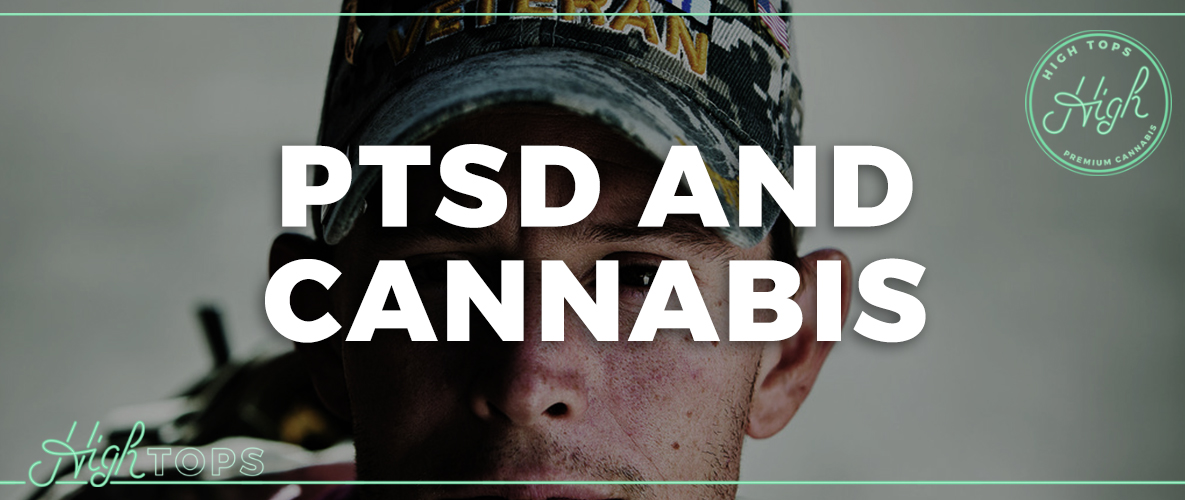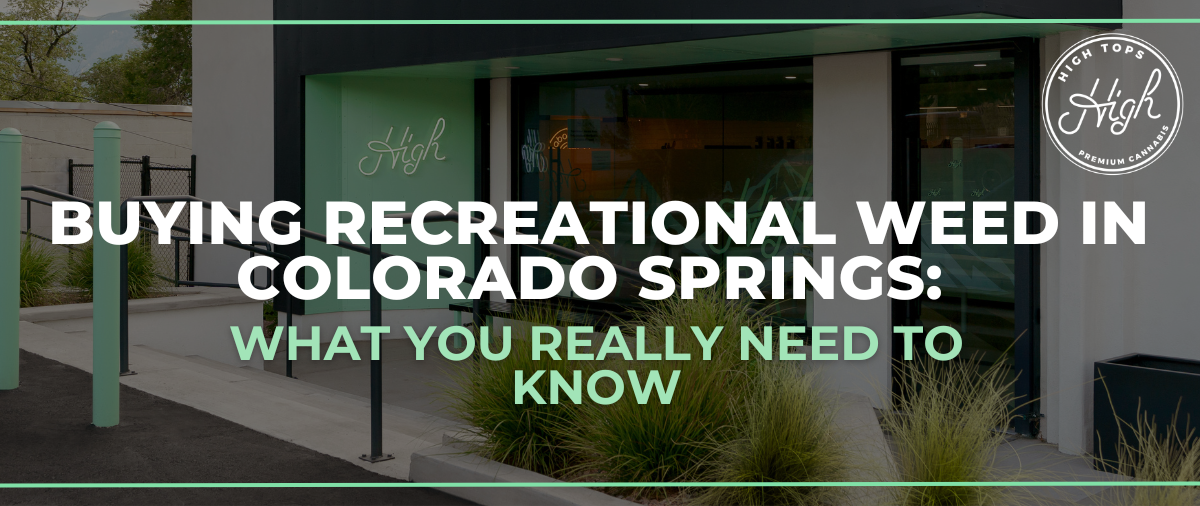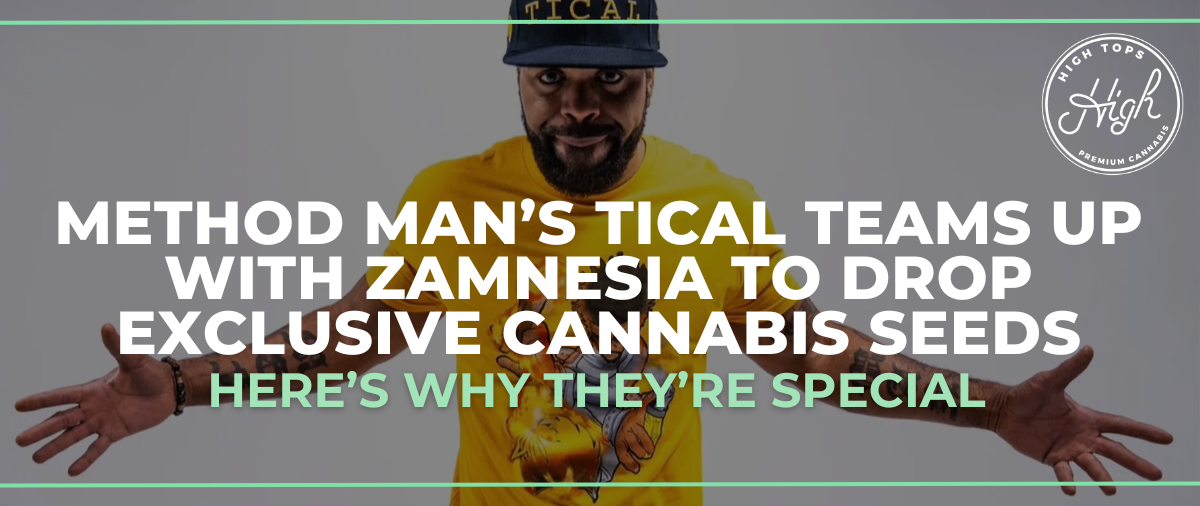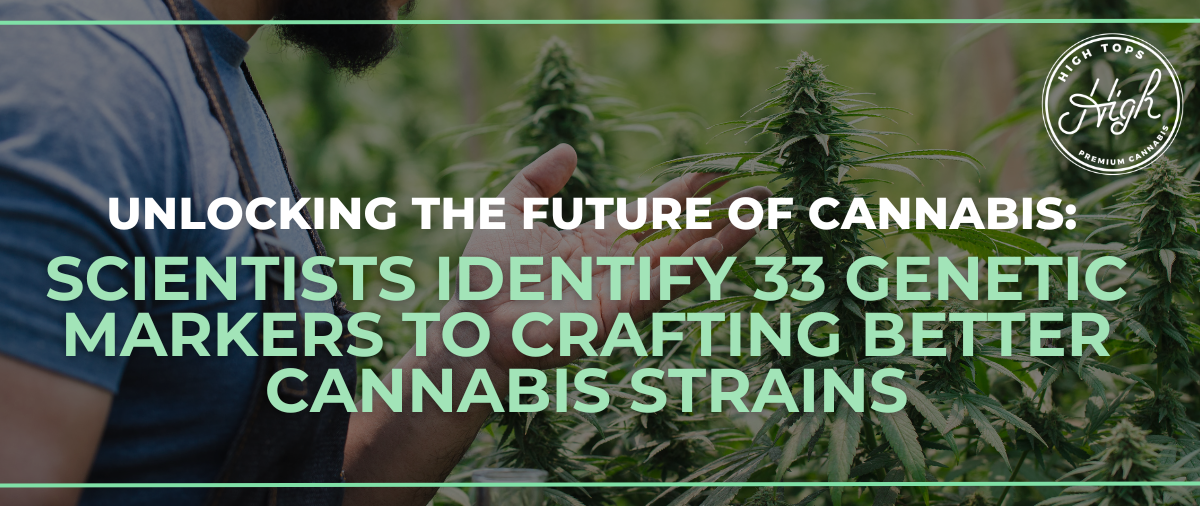Our Veterans put their lives in constant danger as they serve and protect our country. Many men and women then re-enter the U.S. with intense and traumatic memories of what they have experienced while serving. This incidence is known as Post-Traumatic Stress Disorder, or PTSD. Veterans may have both mental and/or physical conditions as a result of the trauma they have experienced, making a day-to-day life back in the States almost impossible and sometimes unmanageable. To find relief from the mental and/or physical conditions they experience, some may turn to addictive opioids, especially when their doctor prescribes them. According to the National Institute on Drug Abuse, prescriptions for opioids are a leading cause for 130 deaths each day, while medical cannabis, on the other hand, accounts for zero deaths. Because of this fact, many Veterans are now seeking out medical marijuana as an alternative to prescription painkillers, sleep aids, and antidepressants.
The federal government and some U.S. states continue to fight back against the research that supports the safe use of medical marijuana and its legalization. Unfortunately, Veterans have a harder and harder time seeking cannabis-based treatment if they have medical coverage from a federal agency, such as the Veterans Association (VA). Despite the 82% of all Veterans and their caregivers support of the federal legalization of cannabis to treat a mental or physical condition, Veterans are concerned about losing their VA benefits and therefore avoid using medical cannabis.
There is good news in that the VA is in support of Veteran’s decision to utilize cannabis treatment to the full extent that is allowed by federal law (according to each state). Currently, the VA itself does not prescribe or sanction medical cannabis, however Veterans are able to have legal access to cannabis without losing their benefits in particular states that legally allow medical marijuana. According to the VA, Veteran participation in state marijuana programs does not affect eligibility for VA care and services. VA providers can and do discuss marijuana use with Veterans as part of comprehensive care planning, and adjust treatment plans as necessary.
Under HIPAA laws, Veterans can discuss cannabis usage with their VA doctors. This privacy law protects Veterans and their medical records that show cannabis usage and VA doctors are not allowed to disclose this information. This means that even though the VA doctors cannot prescribe medical cannabis, Veterans can openly discuss using cannabis for treatment with their VA doctor without fear of repercussion. It’s important to tell your doctors about all drugs and treatment options so that they can determine the best plan of action and adjust your current treatment plan if necessary.
Currently, medical marijuana is legal in 38 states and Washington D.C. and is showing up more and more with each passing election. While legalizing cannabis is a continual debate, federal laws have yet to be passed to legalize medical cannabis for Veterans. In 2018, Congress lawmakers blocked the Veterans Equal Access Amendment that protects the rights of Veterans while looking for medical marijuana for treatment. The reason the Equal Access Amendment right was blocked is not fully known, but some have speculated it is because not enough research has yet been completed to prove the benefits of medical cannabis.
There are many cannabis organizations in existence that support Veterans in their desire to seek medical cannabis treatment. Here are a few organizations with more information to Veterans:
The future for Veterans is green, as most states have legalized cannabis. As more states consider the medical benefits of cannabis, many people within the Veteran community are speaking up to the Department of Veteran Affairs to reconsider its policy. Currently, there are 37 bills in Congress for legalizing and ensuring the safe access to cannabis. The Veterans Medical Marijuana Safe Harbor Act moves to decriminalize cannabis by 2021.
While Veterans can have legal access to cannabis without losing their benefits in certain states, new recruits have zero tolerance for any substance abuse in the military. New recruits who test positive for illegal drugs, including cannabis, are subject to punishment and possible discharge from the military.
Let’s talk about Cannabis here in Colorado
As far as cannabis usage here in Colorado, if you are 21 years or older, you have a constitutional right to possess and consume marijuana recreationally. In Colorado Springs, there are no recreational cannabis shops within the city limits, so you will need a medical marijuana (or ‘Red’) card and be at least 18 years old to shop at Hightops. Our mission at Hightops Dispensary in Colorado Springs is to ensure our customers, both military and non-military, receive the highest level of customer service and the best products available. If you are a Colorado resident and hold a valid medical (MMJ) card, come by and see us at one of our two convenient locations. Our budtenders are knowledgeable and friendly, and will help you to find products you will love. From edibles and concentrates to topicals and flower, we take pride in helping our patients find the best products for their individual needs. See what we have in stock by visiting our menu online.







Very nice article but us Veterans aren’t the only ones who get PTSD.